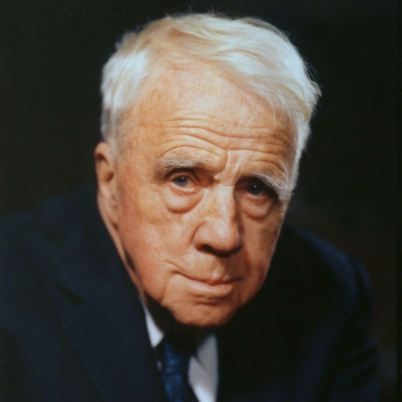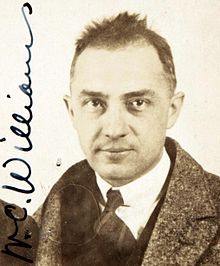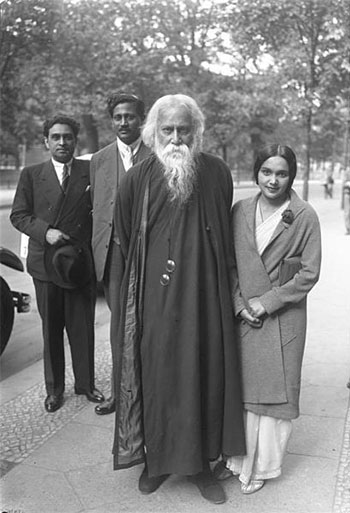April 14, Monday of Holy Week The Servant Song
Isaiah 42: 1-4
Here is my servant whom I uphold
my chosen one with whom I am pleased
Upon whom I have put my spirit;
he shall bring forth justice to the nations,
not crying out, not shouting,
no making his voice heard in the street.
A bruised reed he shall not break,
and a smoldering wick he shall not quench
until he establishes justice on the earth.
I began learning to teach, a 24 year old kid, at Holy Rosary Mission on Pine Ridge in South Dakota. My life daunted me pretty much every day. So much I didn’t know about teaching, or about Lakota culture, or about the violence of Western culture as it dismembered Lakota culture over a century and a half. One of my jobs in that 7-day-week boarding school was to take care of the K-8 boys from their various bed times until they left the dormitory for school the next morning, c. 110 boys ages 5 to 14 in double and triple deck bunk beds. I took the K-4th graders up an hour before the older boys, got them ready for bed, tended scrapes they had acquired through the day, and told them a story once they were in bed. As they fell asleep, I walked among the bunk beds. I understood that some of these beautiful children would not make it into a durable adulthood; and some would, no knowing which. It broke my heart to see them sleeping in a safe place within an unsafe world. During those nights these 2 lines from Isaiah befriended me.
A bruised reed he shall not break,
a smoldering wick he shall not quench
I began to imagine that The Servant of God about whom Isaiah spoke would not be frightened off by the violence of our world. It’s one reason why I love Joy Harjo’s poem about the coming of spring after a terrible winter in a racist prairie town. I posted “Grace” on September 30 and repeat it today because “Grace” reminds me of The Servant Song.
This week makes high holy days for me. I imagine the days and their prayers anointing the campus while we do the works to which we are committed: research, teaching, mentoring, ministering to wounded places in our city.
Have a good week.
john sj
“Grace”
I think of Wind and her wild ways the year we had nothing to lose and lost it anyway
in the cursed country of the fox. We still talk about that winter, how the cold froze imaginary buffalo on the stuffed horizon of snowbanks.
The haunting voices of the starved and mutilated broke fences, crashed our thermostat dreams, and we couldn’t stand it one more time.
So once again we lost a winter in stubborn memory, walked through cheap apartment walls, skated through fields of ghosts into a town that never wanted us,
in the epic search for grace.
Like Coyote, like Rabbit, we could not contain our terror and clowned our way through a season of false midnights.
We had to swallow that town with laughter, so it would go down easy as honey.
And one morning as the sun struggled to break ice, and our dreams had found us with coffee and pancakes in a truck stop along Highway 80, we found grace.
I could say grace was a woman with time on her hands, or a white buffalo escaped from memory. But in that dingy light it was a promise of balance.
We once again understood the talk of animals, and spring was lean and hungry with the hope of children and corn.
I would like to say, with grace, we picked ourselves up and walked into the spring thaw. We didn’t; the next season was worse.
You went home to Leech Lake to work with the tribe and I went south.
And, Wind, I am still crazy.
I know there is something larger than the memory of a dispossessed people. We have seen it.

Joy Harjo







